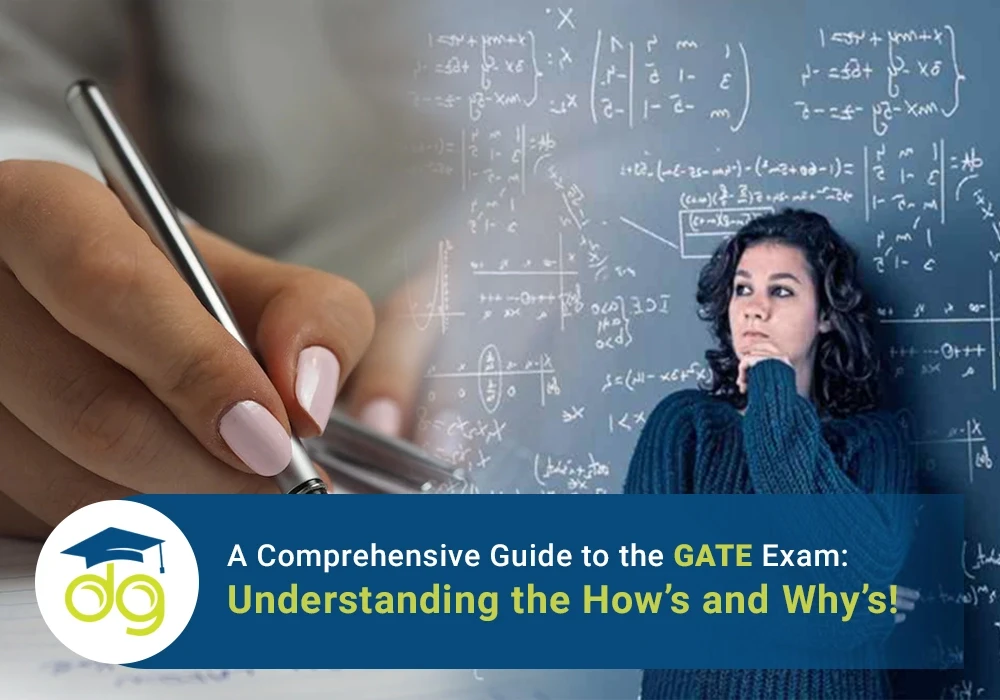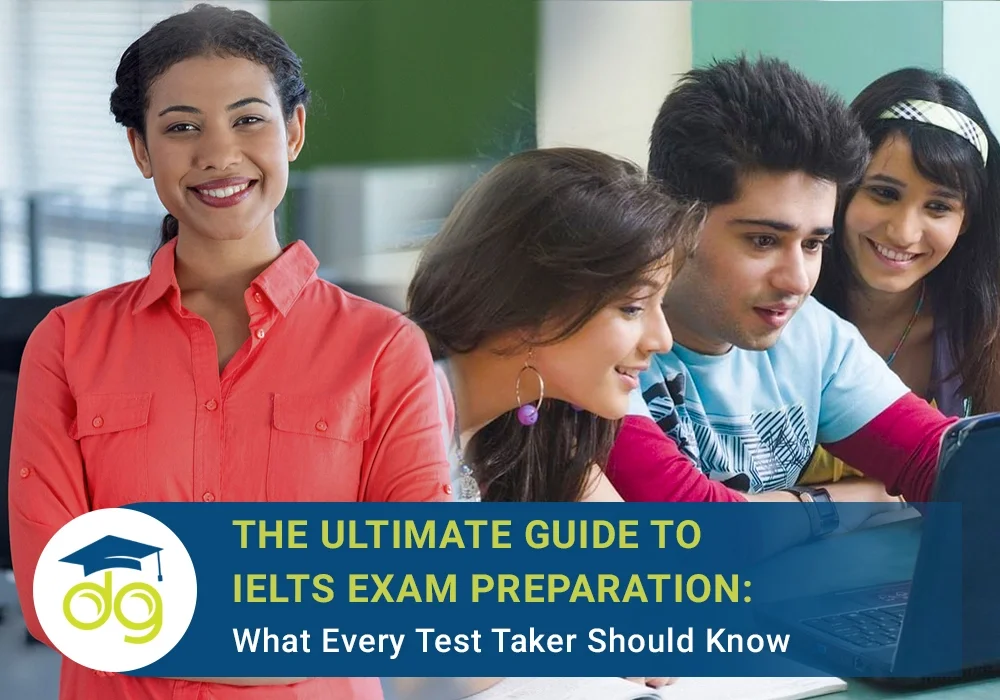From Confusion to Clarity: Excelling in Exam Question Responses
Strategies to Enhance Exam Performance and Answer Questions Effectively
Has it ever happened to you that after seeing a question on the exam paper you were very sure that you had studied this but when you receive the checked answer sheet back you see that you have not scored any marks on that question?
If your answer is yes, do not worry! Most students go through the same problem.
They think that just because they have studied the topic well they will be able to answer the questions in the exam but it is not the case. The key to scoring well on your exam is answering each question properly. This means you need to understand what the question is exactly asking for you to write.
This is something that you won't learn overnight. it will take a lot of practice understanding making mistakes and rectifying them For you to reach the level where you can score full marks on a question. We have covered some points that will give you clarity on how to answer questions in the exam so that you can score high marks.
Ways to Answer the Questions with Clarity
1. Understanding the Question
Before you begin answering your questions you should understand what it is that the question requires you to write. The questions in exams are framed in a way which need you to critically think about ways an answer can be formed. This is truer in the case of subjective-type questions with the students being required to write long answers and cover multiple topics in one answer.
In the case of multiple-choice questions, the students are given choices that they need to examine. Sometimes these choices can be very close and confusing. If the students do not understand the question well, they can make the mistake of choosing the wrong option.
If you feel that a question is confusing go over it two or three times to make better sense of it. In the case of comprehension and case study questions, it is very important to connect the question with the cases or the paragraph that has been provided. Only then you will be able to give the right answer. For long and complex mathematical problems, the word problem given will have values that can be used to solve the question.
2. Structure Your Answer
Before you begin writing your answer create a frame or a blueprint of it in your mind. A well structured answer will always get you better marks than an answer that has points spread all over the place. Using bullet points, short sentences and short paragraphs can be a great way of presenting your answer in a well structured format. Structuring your answers well can be highly helpful in compare and contrast type questions descriptive and argumentative type questions.
The appropriate structure for a descriptive answer includes an introduction, main body and conclusion. You can also support your answers with suitable examples if and when needed. If you feel that your answer is too long, add bullet points or highlight headings to make it easy to read and comprehend.
3. Frame a Concise Answer
Preciseness and conciseness become important qualities when you explain yourself in an exam since they facilitate the communication of your understanding. This entails avoiding point repeats that are unnecessary and other unrelated topics that you might have talked about in plain English without using a lot of technical terms that could confuse the examiner.
Make sure to concentrate on providing a clear explanation that addresses all relevant facts while providing vivid views on an argument through the use of particular, relatable examples or stories. To ensure that your test answers are precise and concise, make corrections when you are revising your exam paper and provide clarification as soon as possible.
4. Use Notes Provided in Class
The teachers usually provide students with the proper and precise notes on each topic. They can use these notes to study and understand the topics well. These notes are carefully crafted to cover all the essential points and concepts, ensuring that students have a solid foundation for their learning.
When it comes to writing answers to exam questions, students should rely heavily on these notes to guide their responses. When they are writing answers to a question in the exam they should use the points from these notes. Using points that are given in your classroom notes will make sure that anything you add to your answer is irrelevant to the question.
By sticking to the notes, students can confidently and effectively communicate their understanding of the topic, resulting in better exam performance and a deeper understanding of the subject matter.
5. Add Relevant Examples
Evidence in support of your arguments is a very critical part of making a good attempt at the question on exams. Do this by reasoning with apposite facts, examples, quotes, or even real-life scenarios. It will not only strengthen your argument but also show your stand in the topic. In so doing, however, one is expected to be specific rather than make comments that are generalized.
For instance, rather than mention "many people believe," cite a stat or actual study for your point. Further warrant is the ability to really think critically and show that one has thoroughly thought about the issue at a deeper level. But if one looks ahead for opposing views, you can make a stronger and more balanced argument.
Remember: the more detailed and relevant your evidence, the more persuasive and convincing your exam response.
Conclusion
Understanding exam question replies needs a blend of comprehension of the subject, meticulous planning, clear arrangement, and strong communication. Students can change the state of their test experiences from confusion to clarity by following the instructions provided in this tutorial.
Always keep in mind to comprehend the question, prepare your answer, speak in a concise manner, provide relevant information, and remain on topic. Practice time management, go over and edit your points, and utilize the class notes as a reference for your responses.
Using these techniques, students may confidently move from a state of uncertainty to clarity, showcasing their mastery of the material and capacity for critical thought under stress.
For the rest of the details, head over to our website Skoodos Bridge for inquiries and information about coaching institutes, including fee structures, details, and more.
Categories
Archives
Similar Posts

How to Crack CAT Exam in First Attempt: Proven Strategies
by Skoodos Bridge


Is CLAT Coaching worth the Investment for your Success?
by Skoodos Bridge

A Comprehensive Guide to the GATE Exam: Understanding the How’s and Why’s!
by Skoodos Bridge

GMAT Vs CAT 2024: Understanding the Variances and Making the Right Choice
by Skoodos Bridge

NATA Exam 2025 Guide: Benefits and Career Prospects for Aspiring Architects
by Skoodos Bridge


The Guide to IELTS Exam Preparation: What Every Test Taker Should Know
by Skoodos Bridge

Want to Become a Chartered Accountant in India: 5 compelling reasons to make the leap!
by Skoodos Bridge


Leave a Comment